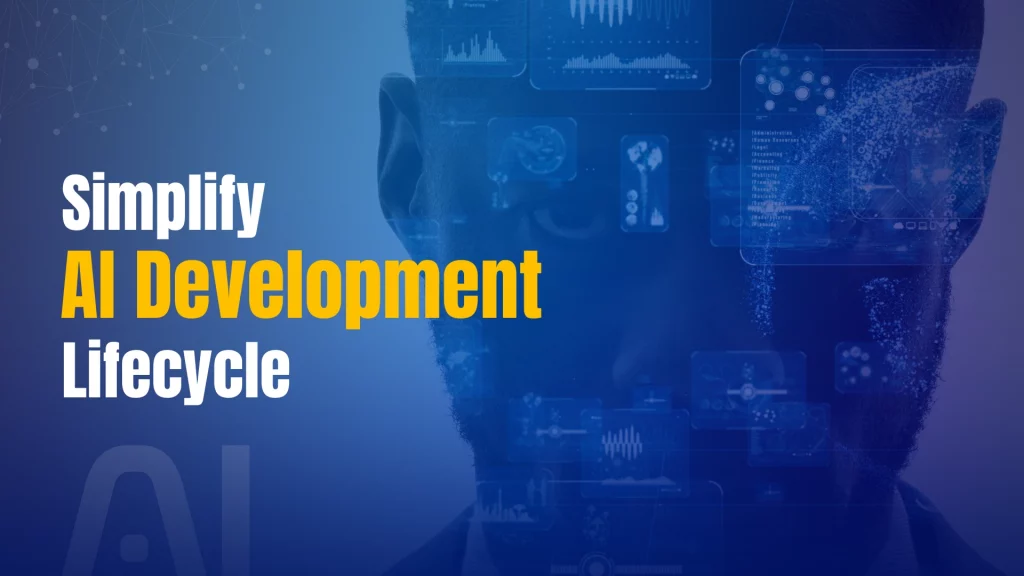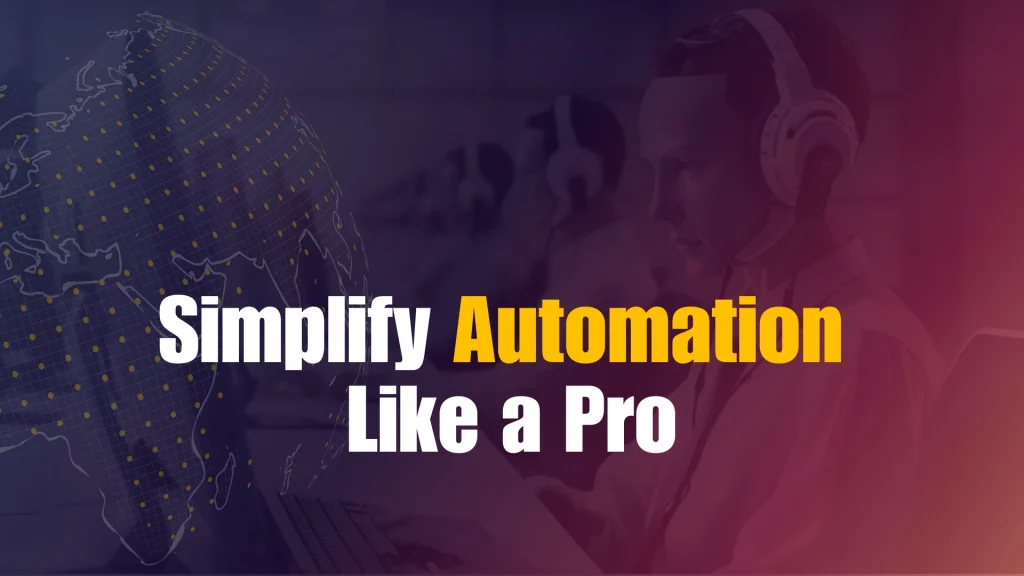Introduction:
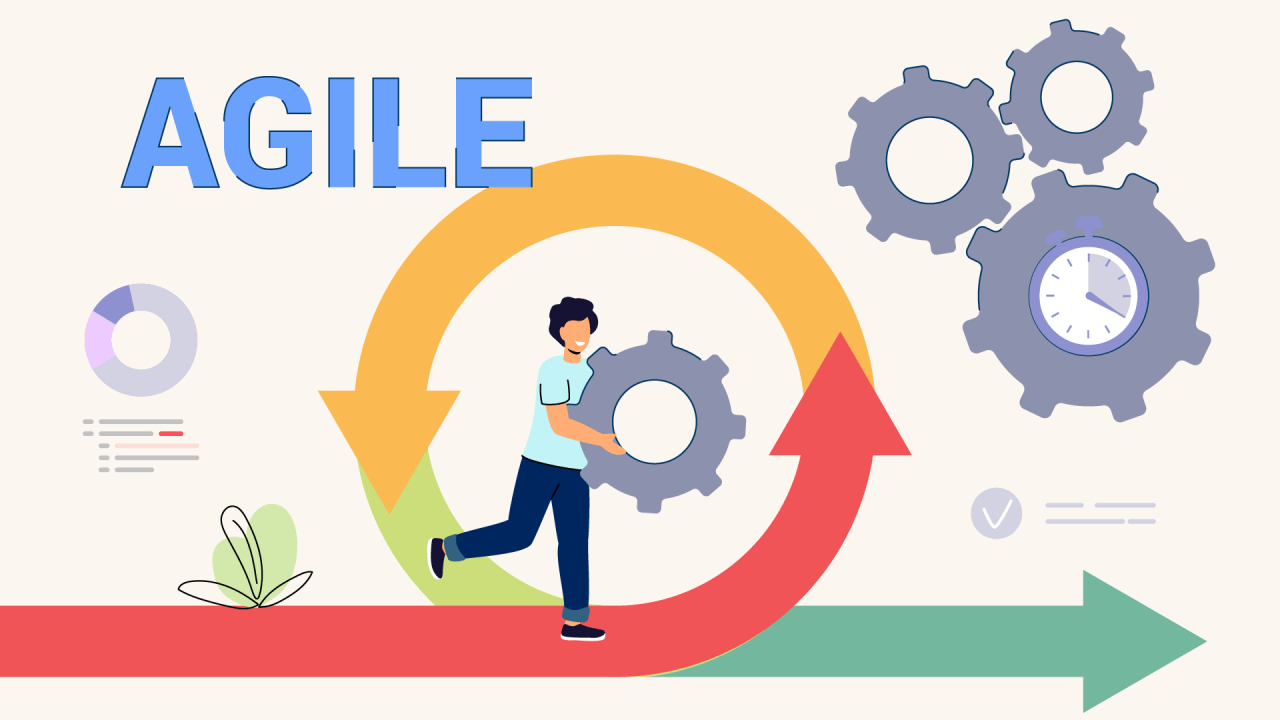
In today’s fast-paced digital landscape, the traditional waterfall approach to project management often needs to meet the dynamic needs of software development. Enter Agile Project Management, a methodology designed to deliver software with flexibility, adaptability, and a focus on customer satisfaction. At QWERTY EXPERTS, we understand the importance of Agile methodologies in navigating the complexities of modern software development projects. In this post, we’ll delve into the principles of Agile Project Management and how it empowers us to deliver exceptional results for our clients.
Understanding Agile Project Management:
Agile Project Management is a collaborative and iterative approach to software development that emphasizes flexibility, continuous improvement, and customer involvement throughout the project lifecycle. Unlike the rigid sequential nature of traditional project management methodologies, Agile embraces change and prioritizes delivering value to the customer in incremental stages.
Key Principles of Agile Project Management:
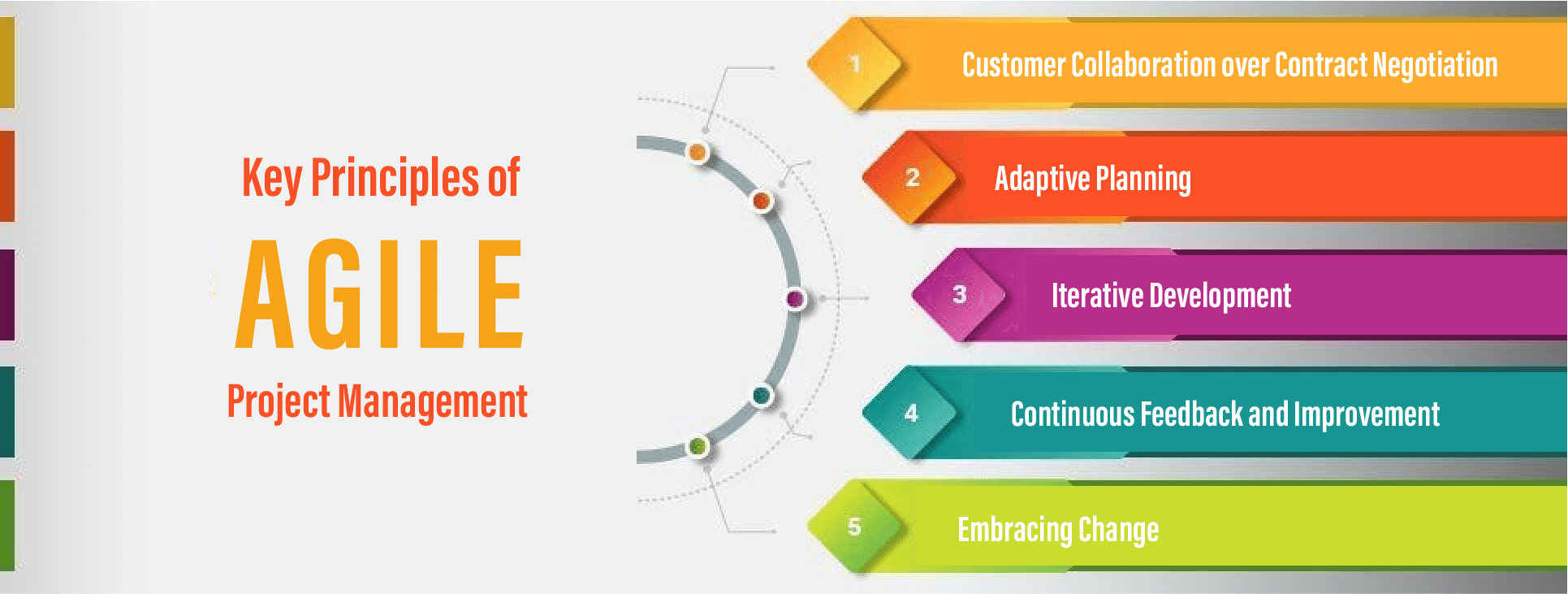
Customer Collaboration over Contract Negotiation:
Agile prioritizes close collaboration with customers, stakeholders, and end-users to ensure that the delivered software meets their evolving needs and expectations.
Adaptive Planning:
Rather than creating detailed, fixed plans upfront, Agile projects embrace adaptive planning, allowing for adjustments and refinements as new information emerges.
Iterative Development:
Agile projects are broken down into short iterations, typically lasting 1-4 weeks, where cross-functional teams work collaboratively to deliver working software increments.
Continuous Feedback and Improvement:
Agile encourages regular feedback loops from stakeholders and end-users, enabling teams to course-correct and improve throughout the project.
Embracing Change:
Agile recognizes that change is inevitable and welcomes it as an opportunity to deliver better solutions. Teams prioritize responding to change over following a plan.
The Agile Project Management Framework:
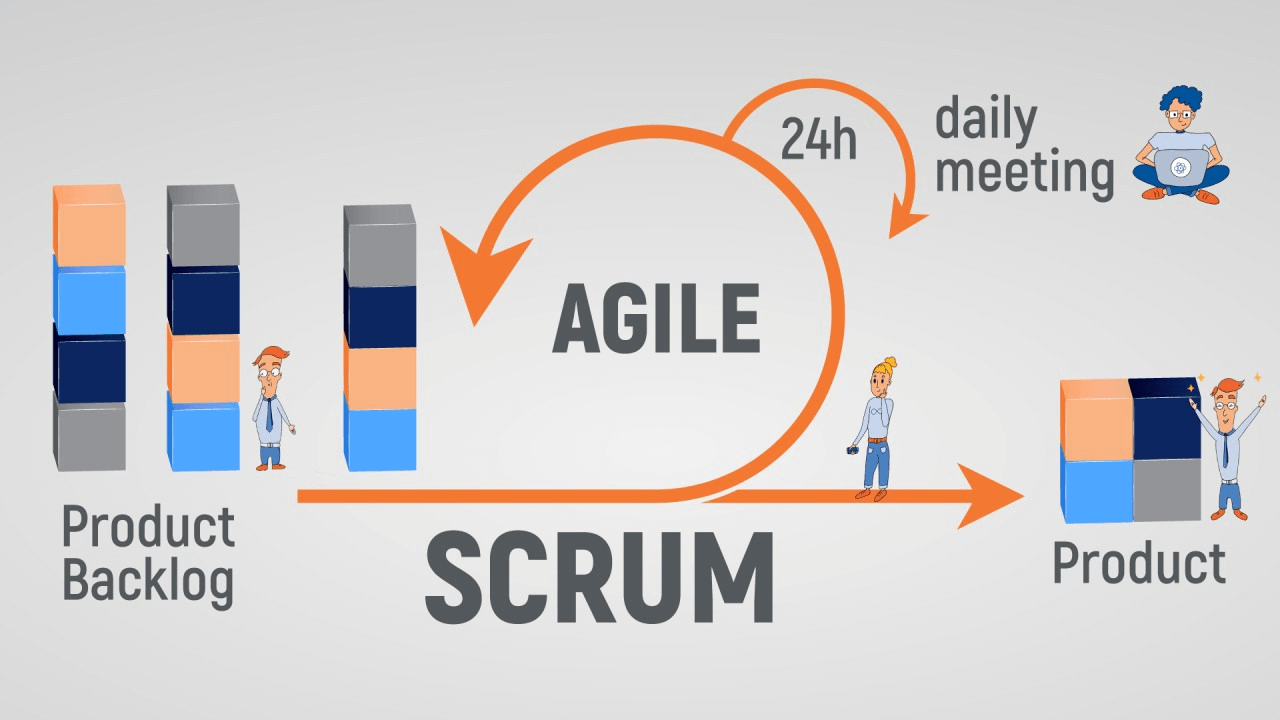
At QWERTY EXPERTS, we leverage the Scrum framework, one of the most popular Agile methodologies, to manage our software development projects effectively. Scrum promotes transparency, inspection, and adaptation through its core roles, events, and artifacts:
Roles:
Product Owner:
Represents the customer’s interests and defines the product backlog.
Scrum Master:
Facilitates the Scrum process, removes impediments, and ensures adherence to Agile principles.
Development Team:
The self-organizing, cross-functional team is responsible for delivering the product increments.
Events:
Sprint Planning:
The team collaboratively plans the work for the upcoming sprint, selecting items from the product backlog.
Daily Standup:
Short, daily meetings where team members synchronize their activities, discuss progress and identify any obstacles.
Sprint Review:
Demo of the completed work from the sprint to stakeholders for feedback.
Sprint Retrospective:
A reflective meeting where the team identifies what went well, what could be improved, and actionable items for the next sprint.
Artifacts:
Product Backlog:
A prioritized list of features, enhancements, and fixes maintained by the Product Owner.
Sprint Backlog:
The subset of items from the product backlog committed to during the sprint planning, is owned by the development team.
Increment:
The sum of all completed product backlog items at the end of a sprint, potentially shippable to customers.
Benefits of Agile Project Management:
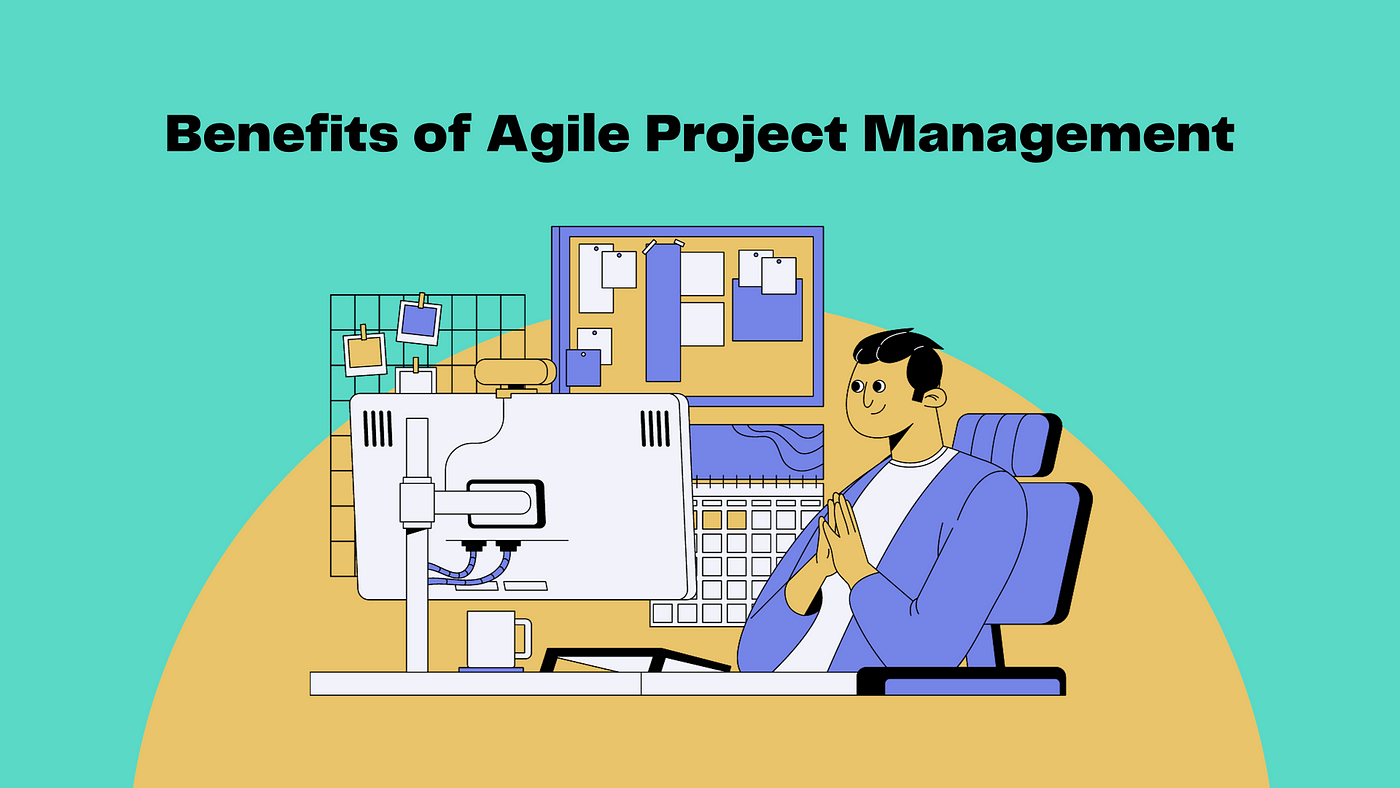
Enhanced Flexibility:
Agile allows for changes to be incorporated throughout the project, ensuring that the final product meets the evolving needs of the stakeholders.
Faster Time-to-Market:
By delivering working software increments in short iterations, Agile enables faster delivery of value to customers.
Improved Quality:
Continuous feedback loops and iterative development foster a culture of quality, leading to higher customer satisfaction and reduced rework.
Increased Stakeholder Engagement:
Agile’s emphasis on collaboration and transparency encourages active involvement from stakeholders, resulting in a shared understanding of project goals and progress.
Better Risk Management:
Agile’s iterative approach enables early identification and mitigation of risks, reducing the likelihood of project failures.
Conclusion:
At QWERTY EXPERTS, Agile Project Management is more than just a methodology, it’s a mindset that drives our approach to software development. By embracing flexibility, collaboration, and continuous improvement, we empower our teams to deliver innovative solutions that exceed our client’s expectations. Whether you’re embarking on a new software project or looking to enhance an existing one, trust QWERTY EXPERTS to guide you through the Agile journey and deliver results that propel your business forward.
Closing Thoughts:
In the ever-evolving landscape of software development, the ability to adapt and respond to change is paramount to success. Agile Project Management offers a proven framework for navigating the complexities of modern projects with flexibility, transparency, and a relentless focus on delivering value to customers. At QWERTY EXPERTS, we stand committed to leveraging Agile methodologies to drive innovation, collaboration, and excellence in every project we undertake.
As you embark on your Agile journey, remember that it’s not just about following a set of practices, it’s about embracing a mindset that prioritizes customer satisfaction, continuous improvement, and teamwork. By embracing the principles of Agile Project Management, you can unlock new opportunities for success, mitigate risks, and deliver software solutions that truly make a difference.
Whether you’re a startup looking to launch your first product or a seasoned enterprise seeking to optimize your software development process, QWERTY EXPERTS is here to partner with you every step of the way. Let’s collaborate, innovate, and achieve greatness together in the dynamic world of Agile software development.




